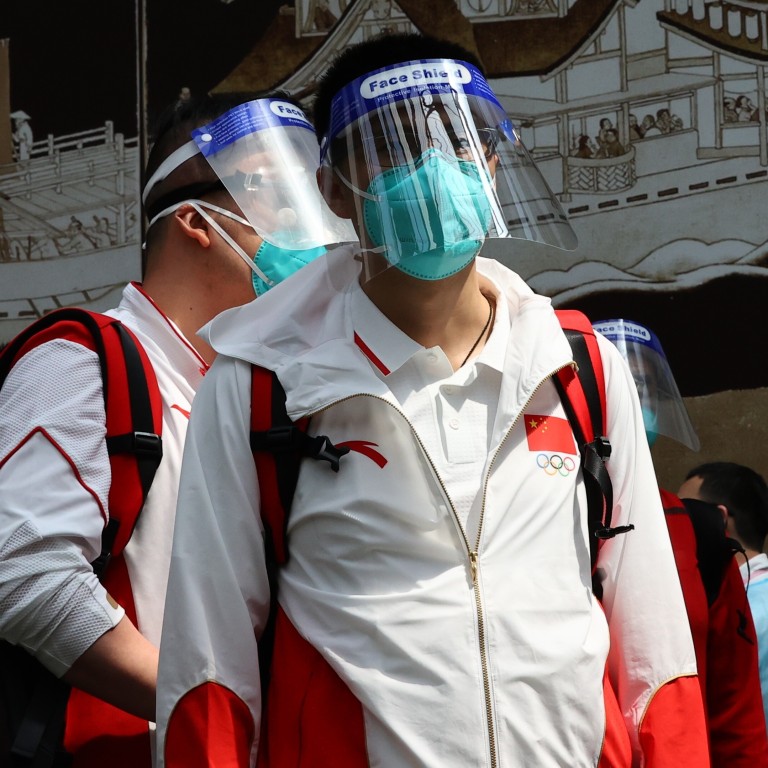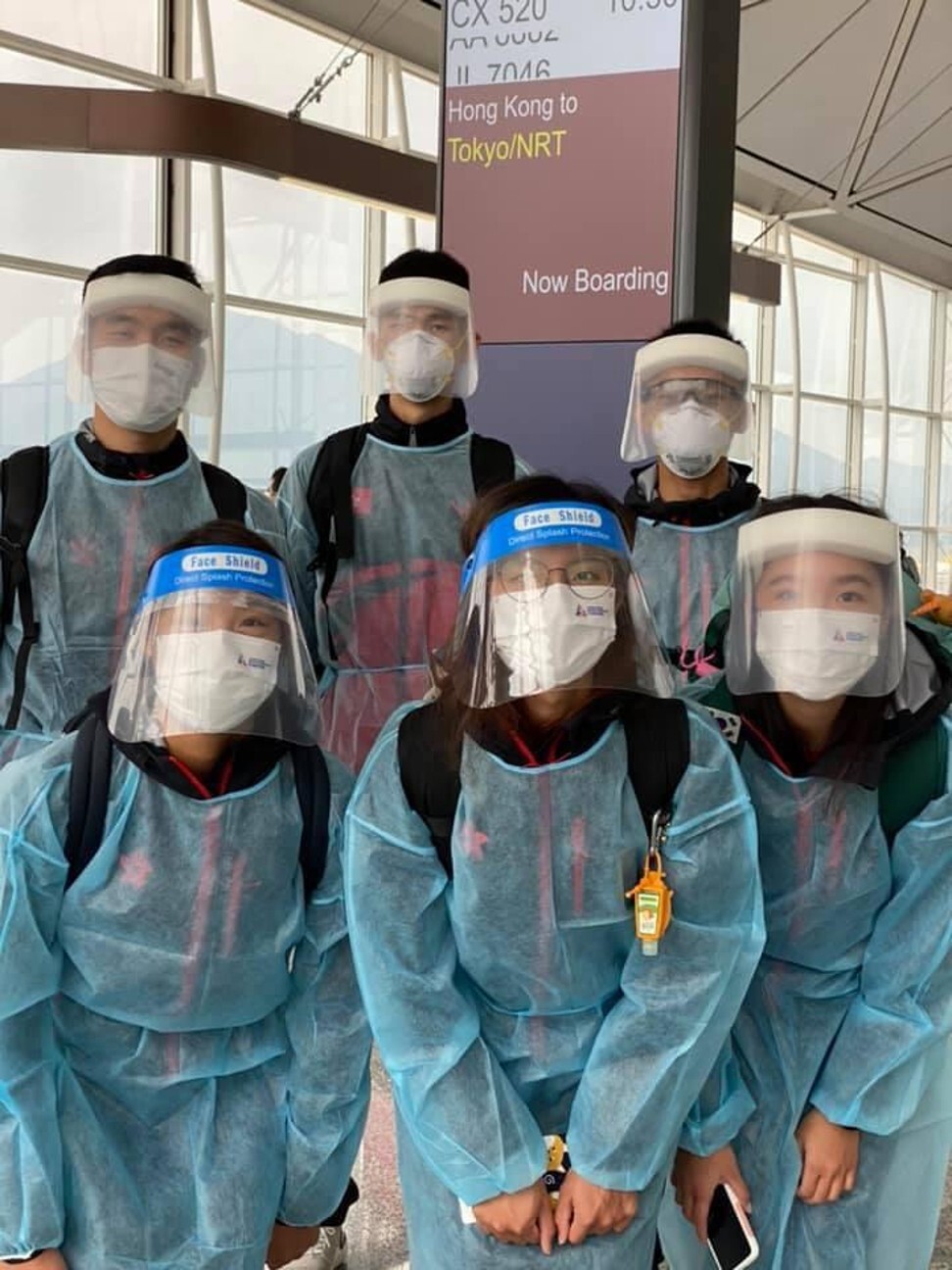
Japan counts the cost of Tokyo Olympics waste after dumping medical supplies, food
- The organisers last week issued an apology for ‘mismanaging’ medical equipment that was stockpiled before being thrown away unused
- One-quarter of food ordered for 20 venues before the Games was dumped, including 4,000 of the 10,000 meals from the day of the opening ceremony
The equipment was not used because the government decided spectators would not be permitted to enter venues – it was dumped because there was nowhere to store it, officials said.
About 3,400 medical gowns and 33,000 masks were also discarded, along with thousands of bottles of hand disinfectant, with an estimated total value of 5 million yen (US$45,600).
“I just don’t understand,” said Yoko Tsukamoto, a professor of infection control at the Health Sciences University of Hokkaido.
“Perhaps the gloves and masks are not really in short supply, but they would still have been very useful to have at hospitals as the virus is going to be around for a long time yet, but the N-95 masks are really high-quality equipment and there is a serious shortage right now,” he said.
“That equipment was paid for by taxpayers and this is the best solution they could come up with?”
Misa Ichimura, an artist and member of the Anti-Olympic Games pressure group, also expressed shock at the scale of the waste.
“Before the Games, the government and the organisers repeatedly said they were focusing on sustainability, environmental responsibility and how this was going to be the ‘greenest’ Olympics ever. And now we learn this,” she said. “These are resources that were bought with public money and it’s shocking that they are just being thrown away.”

Ichimura noted other examples of waste during the Games, including 130,000 bento boxes of pre-prepared food for organisers, staff and volunteers.
“There are plenty of people who could have benefited from that food, such as the homeless or single parents in Tokyo,” Ichimura said. “Again, it was public money that was used to buy those meals and the best solution they could come up with was to throw thousands of meals away? My feeling now is that I hope we can learn from these mistakes, but I’m not sure that will happen.”
Jun Oenoki, a professor in the faculty of communication studies at Tokyo Keizai University, said Japan had a poor track record in such situations.
“That is the way of Japan and I cannot be optimistic that this will change anything,” he said. “In Japan, people are not taught or encouraged to think for themselves. And when we have a situation like this, their answer is to just throw it away instead of thinking how food or medical equipment can be reused.
“I know that other countries also make these sorts of mistakes, but their governments do usually seem to learn. I think Japan easily wins the gold medal for mismanaging crisis situations.”

